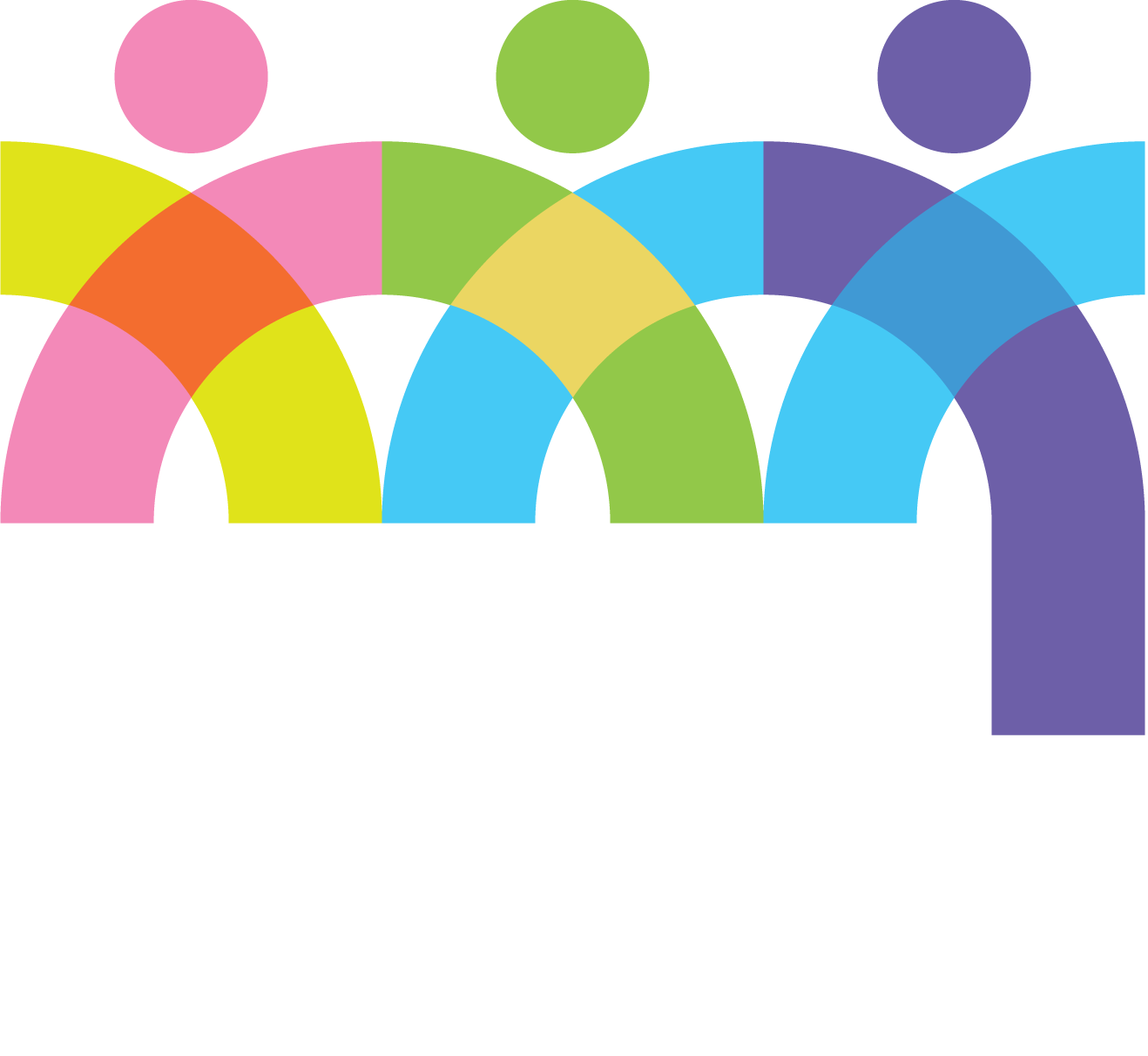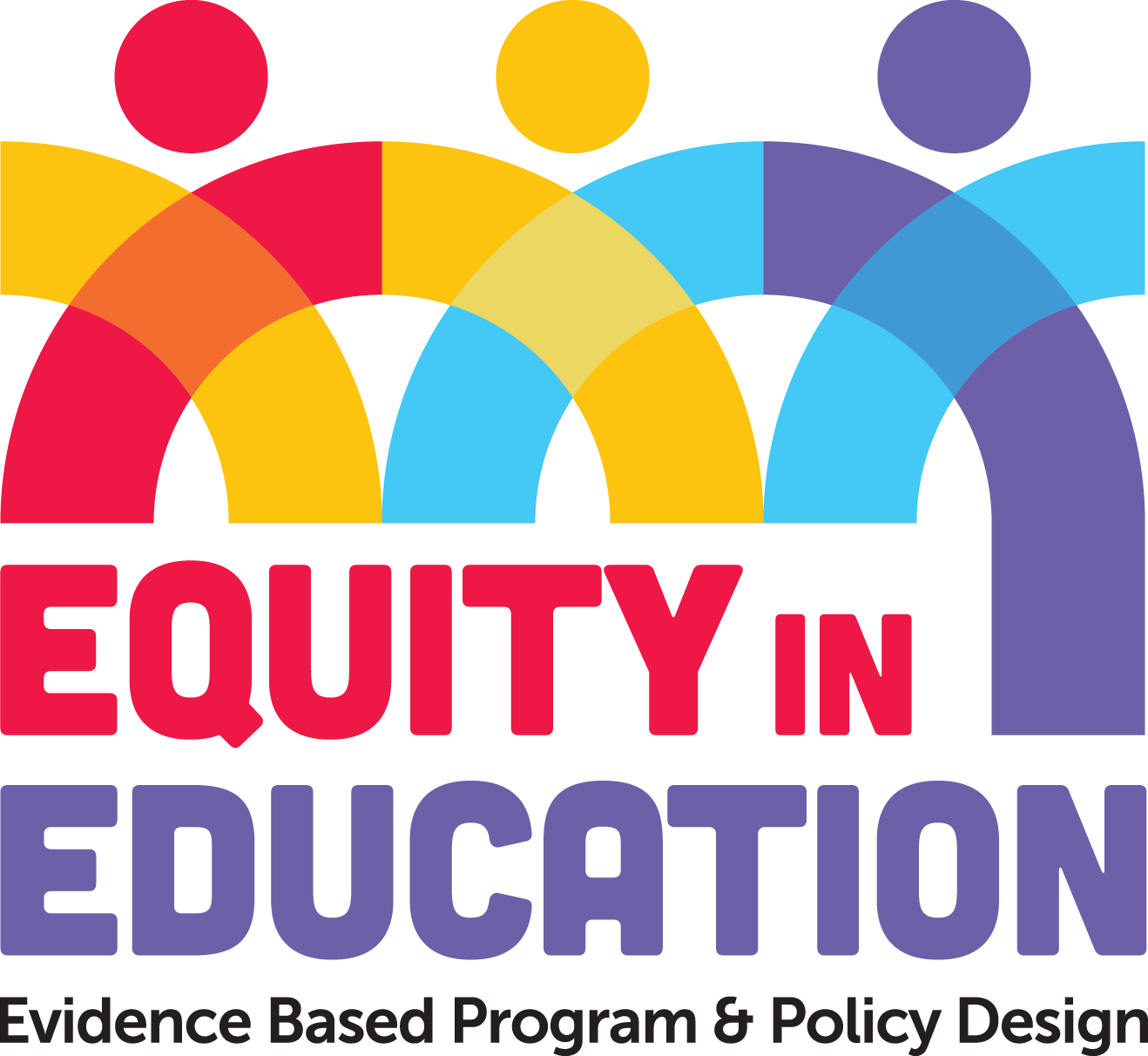Explore:
Inequities in early childhood education and care (ECEC), formal education and youth training.
Test:
Novel solutions to known problems, collaborating with stakeholders.
Create:
Knowledge mobilization tools, including evidence-informed policy.
We draw on multidisciplinary insights from many fields, including economics, applied psychology and human development, and political science. We work with researchers across Canada and abroad to answer questions, develop interventions and mobilize information.
Featured Insight…

Both Me and My Daughter Would Cry Sometimes: Parents’ and Children’s Experiences with Home Education During the Early and Later COVID-19 Pandemic
The COVID-19 pandemic led to unprecedented disruptions to children’s education across the globe, including abrupt transitions from in-person learning to learning from home. The current study investigates patterns of change in the educational challenges that 453...
Quantitative Analysis and Methods
Economic Gains from Early Childhood Education and Care: The Role of Workforce Participation
The benefits of high-quality early childhood education and care (ECEC) for children, such as increased cognitive and social-emotional development, are well-known and documented. However, ECEC also provides economic benefits for caregivers and society by supporting...
Creating a Positive Learning Environment: Considering Students with Disabilities, Teacher Qualifications, and Classroom Structures
Ample research investigates returns to teacher preparation and other instructional inputs for the general student population, yet evidence is lacking for students with disabilities (SWDs). This study uses North Carolina data to estimate achievement returns to teacher...
Promoting equity in hiring: An evaluation of the HireNext Job Posting Assessment
The language used in job postings can deter applicants and contribute to the employment gap, which refers to high rates of youth unemployment occurring simultaneously with high levels of job vacancies. We tested youth preferences for job postings modified using a free...
Intervention Creation and Testing
Both Me and My Daughter Would Cry Sometimes: Parents’ and Children’s Experiences with Home Education During the Early and Later COVID-19 Pandemic
The COVID-19 pandemic led to unprecedented disruptions to children’s education across the globe, including abrupt transitions from in-person learning to learning from home. The current study investigates patterns of change in the educational challenges that 453...
Defining Peer Collaboration: A scoping review and network analysis
Peer collaboration is a complex skill that emerges in early childhood. However, researchers and practitioners lack a shared understanding/definition of what peer collaboration means and how to observe it in early educational settings. This review aimed to examine...
Conceptualizing and Operationalizing Creativity in Early Childhood Education and Care: A Scoping Review
Creativity has been identified as one of the most important skills of the 21st century. The development of creativity begins at an early age. Given that most children attend early childhood education and care (ECEC) during this critical developmental period, it is...
Designing Effective Policy Responses
Understanding early childhood education and care utilization in Canada
This study examined early childhood education and care (ECEC) utilization in Canada, focusing on use of unlicensed home child care (HCC) from an equity perspective. Data from the 2011 cycle of the General Social Survey (GSS) were used. Across Canada, parent responses reveal that 16.6% of children between the age of 12 months and entry to school were in unlicensed HCC. Another 24% of working parents reported having no regular form of non-parental childcare. Families with higher incomes were more likely to report using center-based care.
Training and Skills Development Policy Options for the Changing World of Work
This article offers a critical assessment of empirical knowledge regarding labour market training and skills development in an era of technological disruption. Although exactly which skills and jobs will become obsolete is not known, technological change may cause unemployment to spike and increase the need for retraining.
The Role of Reflexive Learning in Universal Pre-kindergarten (UPK) Policy Formulation in Canada and the USA
Building on theories of social learning and policy change, this article argues that reflexive learning provides a causal mechanism for how public engagement in policy formulation can trigger policy innovation. Reflexive learning is a mode of learning that takes place during policy formulation and is most likely to occur in policy areas marked by considerable uncertainty and complexity (low problem tractability) and the participation of a wide range of actors (low actor certification).


Mailing Address
Department of Management
University of Toronto Scarborough
UTSC Instructional Centre
1095 Military Trail
Toronto, ON M1C 1A4









